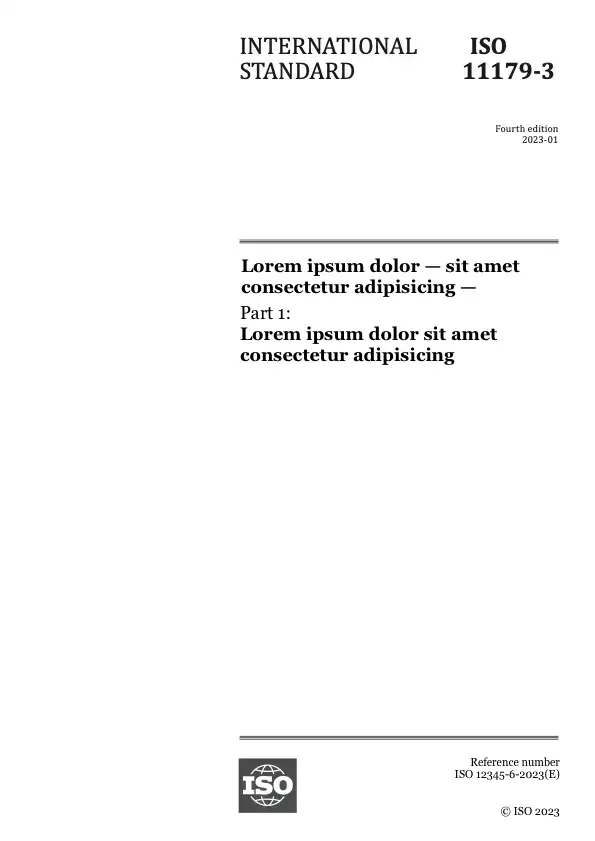Тезис
ISO 5667-21:2010 establishes principles to be applied to the techniques of sampling water provided for drinking and for use in the manufacture of food and beverage products.
The guidance given in ISO 5667-21:2010 is generally confined to those circumstances where water is drawn from municipal or similar public or private abstraction, treatment or distribution systems for which prior treatment or quality assessment has resulted in the water being classified as suitable for drinking or potable process purposes. Specifically, ISO 5667-21:2010 is applicable to water that is supplied by tanker or other non-contiguous bulk means, but not contiguously as part of a piped distribution system, during any stage of use up to and including the point of consumption or transfer to a piped distribution system. ISO 5667-21:2010 is also applicable to the distribution and bulk storage of water on aircraft, trucks, trains, ships, and other vessels and vehicles, as well as to sampling situations that can arise during the investigation of system defects, initiation of new systems, re-initiation of systems that have been unused for long periods or emergency situations where the safety of sampling operatives is not compromised.
ISO 5667-21:2010 does not provide guidance on: a) the sampling of source water, e.g. groundwater and impoundments; b) the sampling of potable water supplies derived from contiguous piped supplies covered by ISO 5667-5; c) the sampling of beverage products (including bottled waters) or food containing potable water used in its preparation; d) the sampling of drink vending machines.
Предпросмотр
Общая информация
-
Текущий статус: ОпубликованоДата публикации: 2010-10Этап: Подтверждение действия между-народного стандарта [90.93]
-
Версия: 1
-
Технический комитет :ISO/TC 147/SC 6
- RSS обновления
Жизненный цикл
-
Сейчас
ОпубликованоISO 5667-21:2010
Стандарт, который пересматривается каждые 5 лет
Этап: 90.93 (Подтверждено)-
00
Предварительная стадия
-
10
Стадия, связанная с внесением предложения
-
20
Подготовительная стадия
-
30
Стадия, связанная с подготовкой проекта комитета
-
40
Стадия, связанная с рассмотрением проекта международного стандарта
-
50
Стадия, на которой осуществляется принятие стандарта
-
60
Стадия, на которой осуществляется публикация
-
90
Стадия пересмотра
-
95
Стадия, на которой осуществляется отмена стандарта
-
00
Появились вопросы?
Ознакомьтесь с FAQ
Часы работы:
Понедельник – пятница: 09:00-12:00, 14:00-17:00 (UTC+1)

